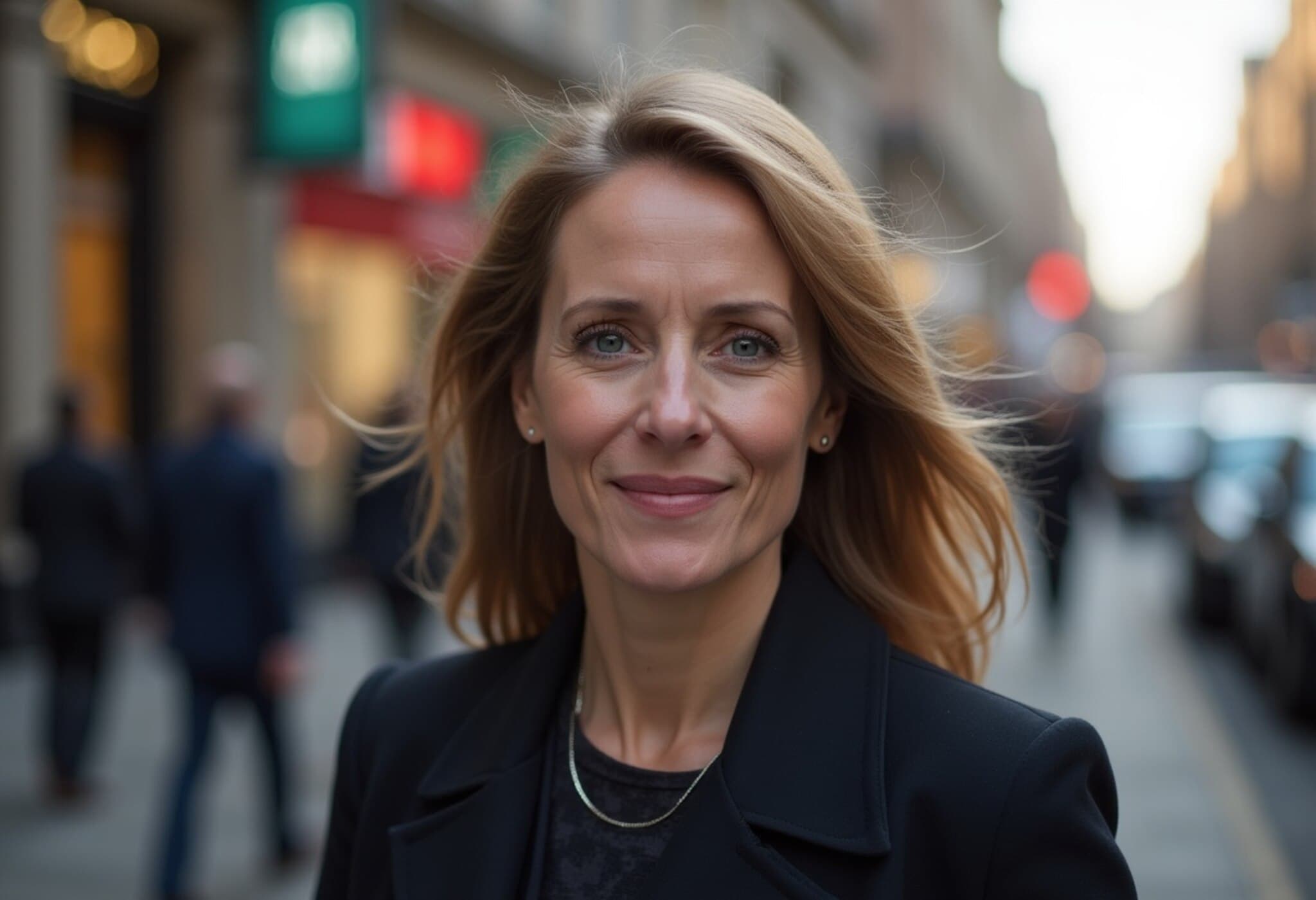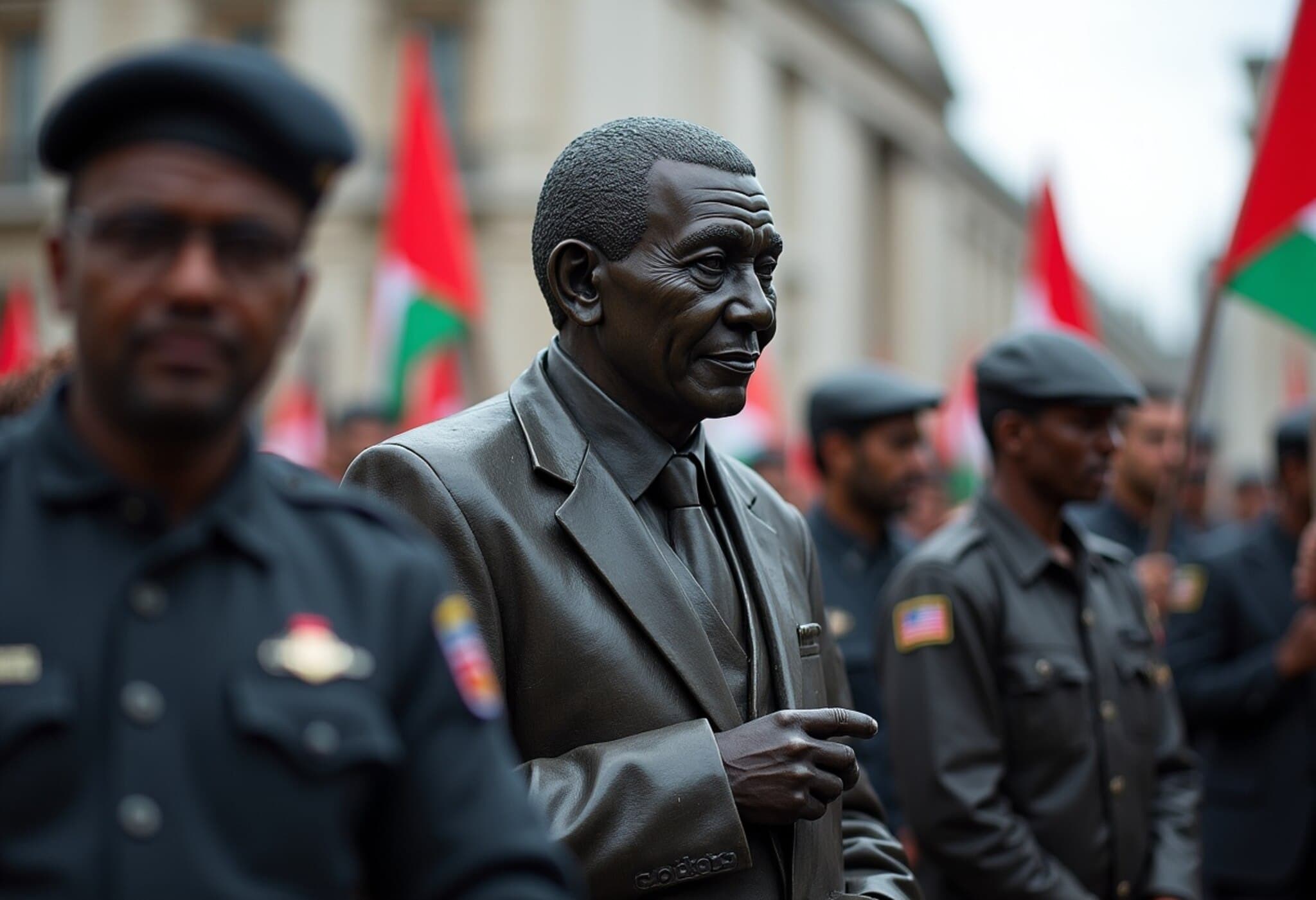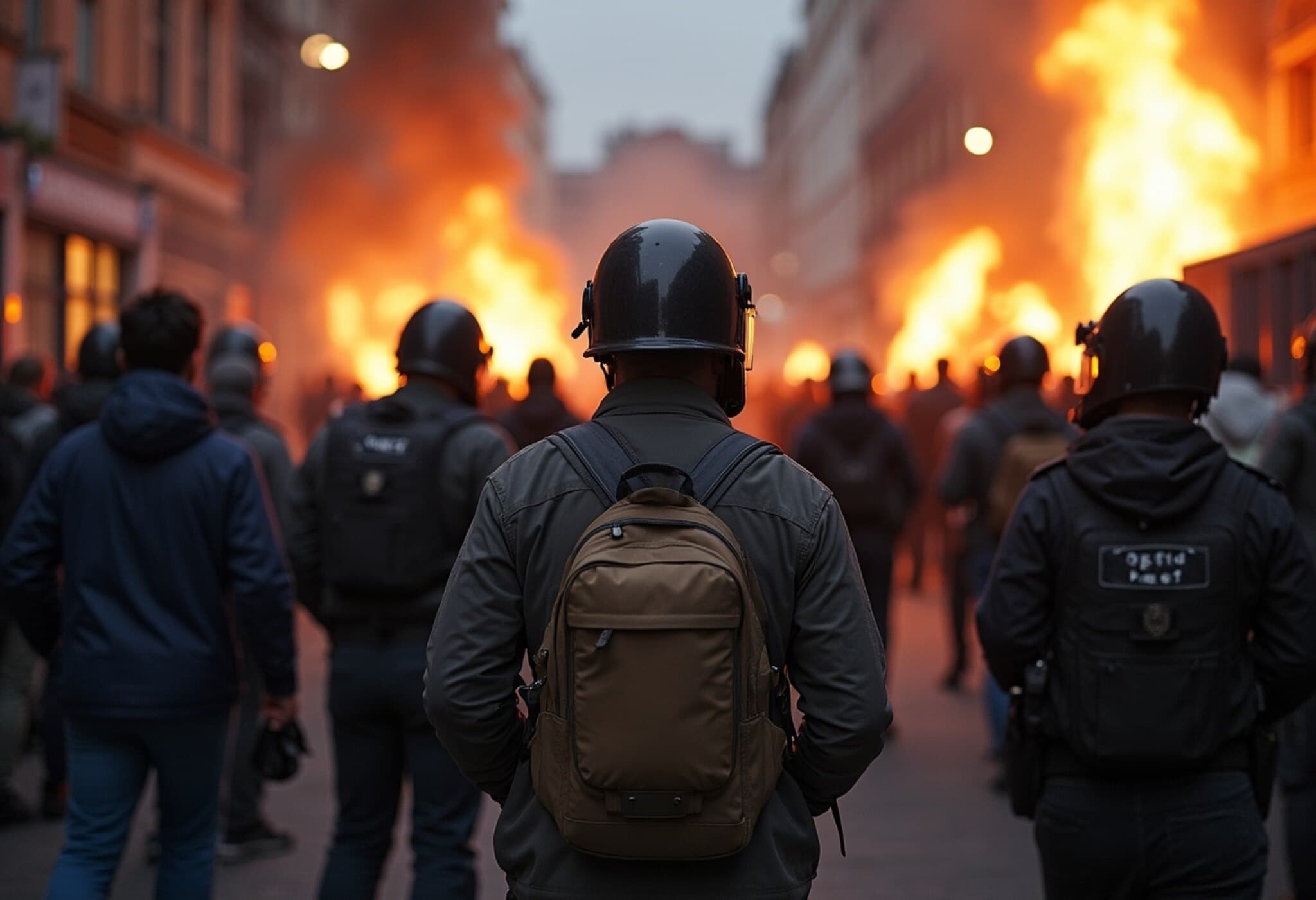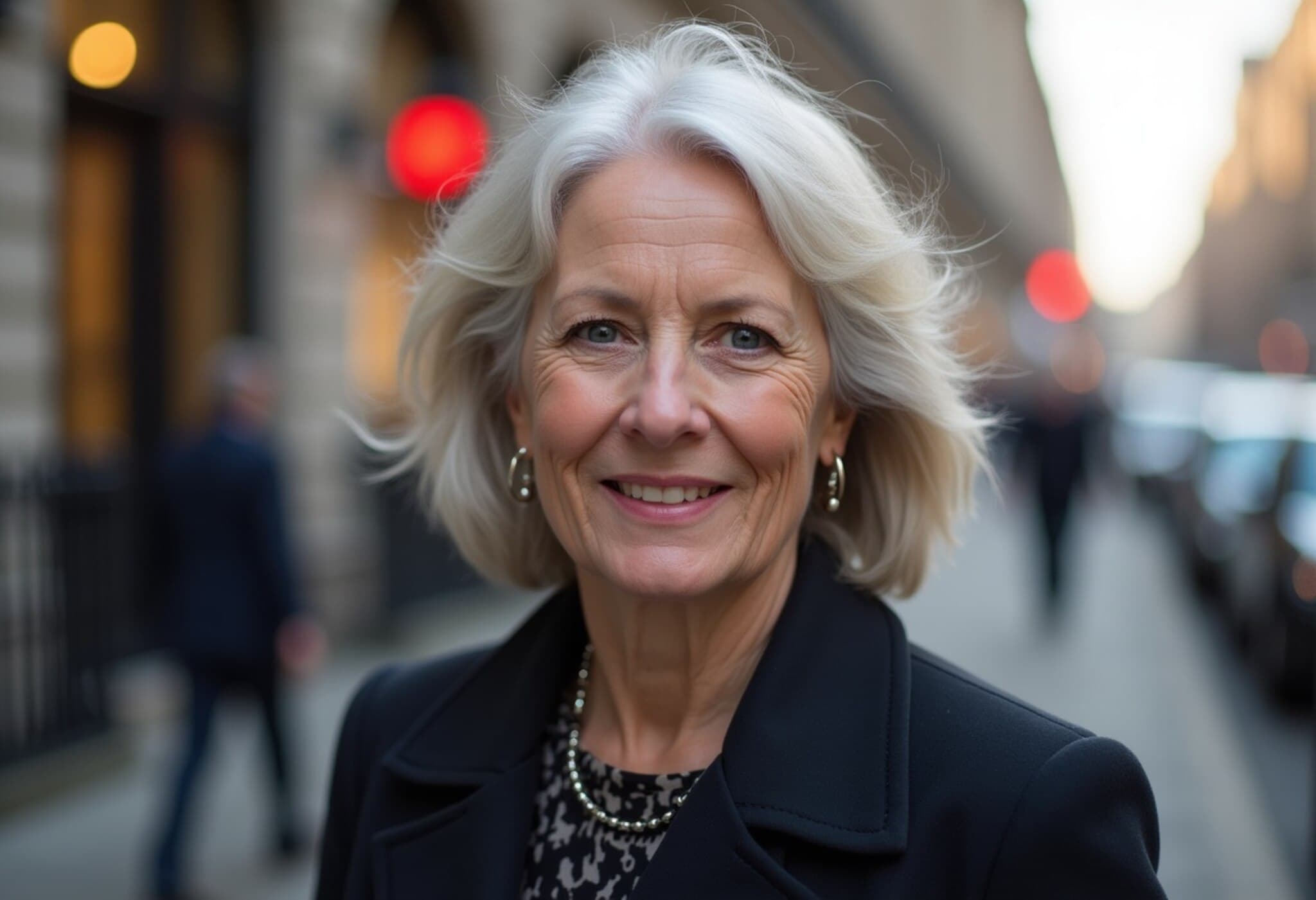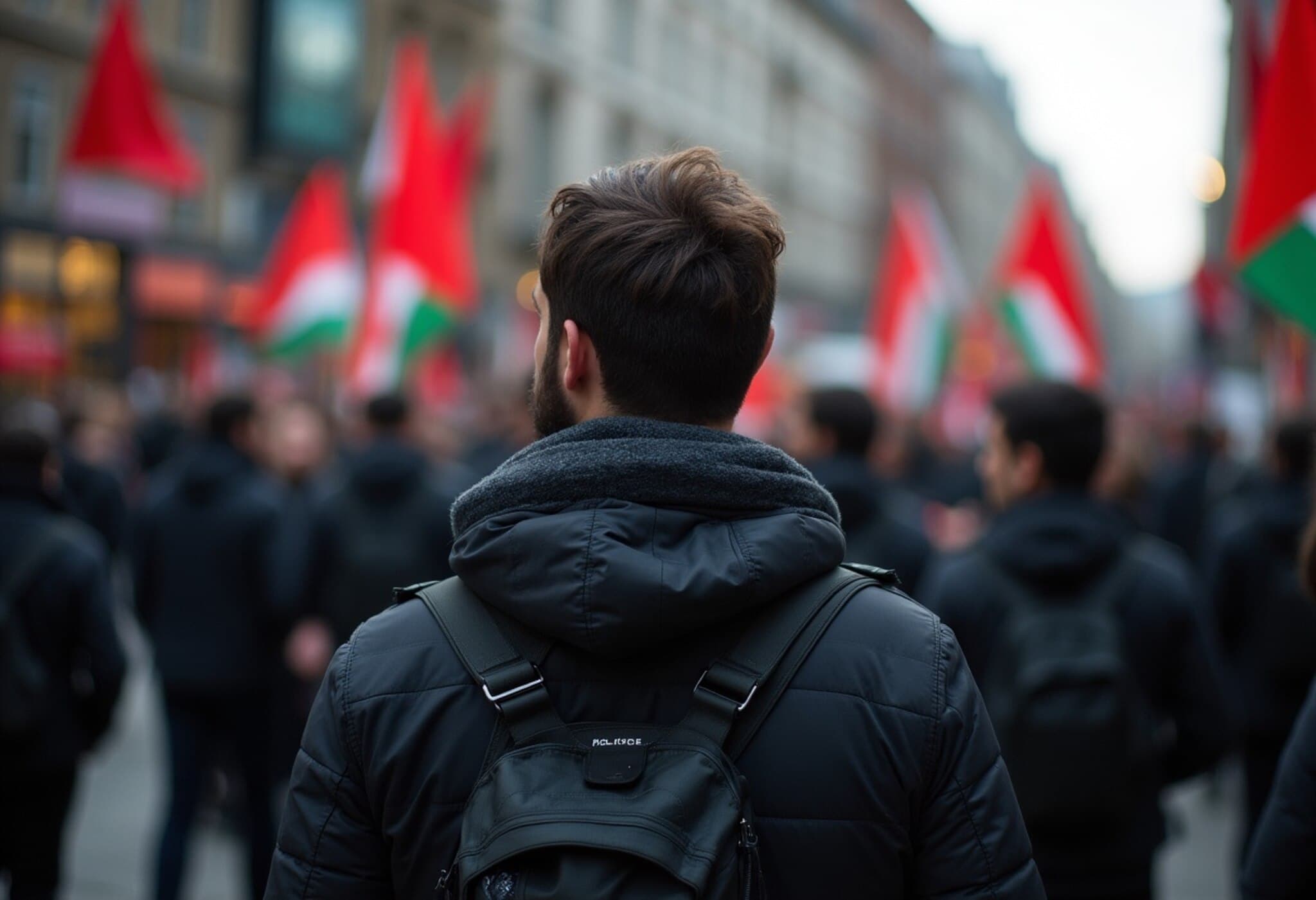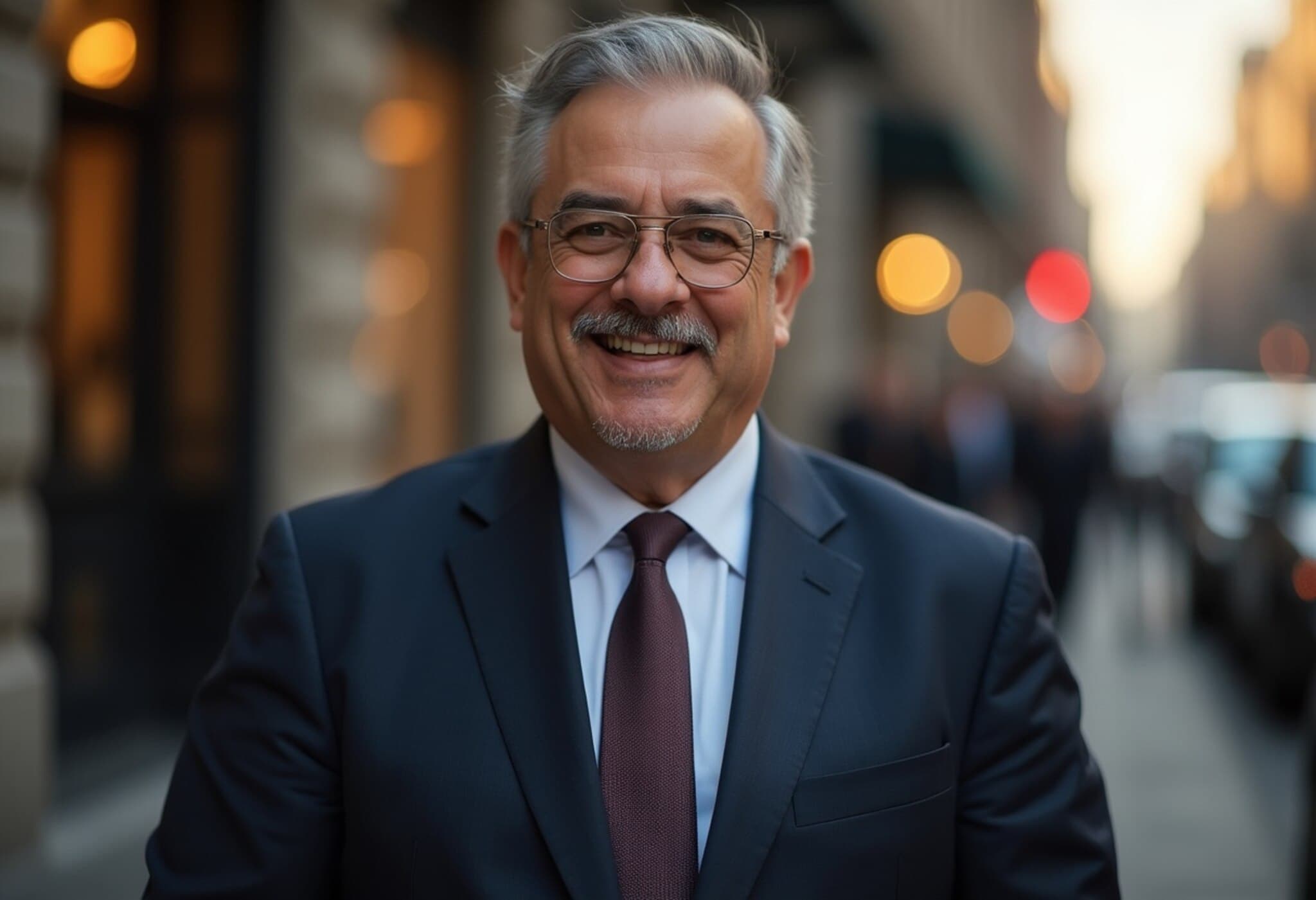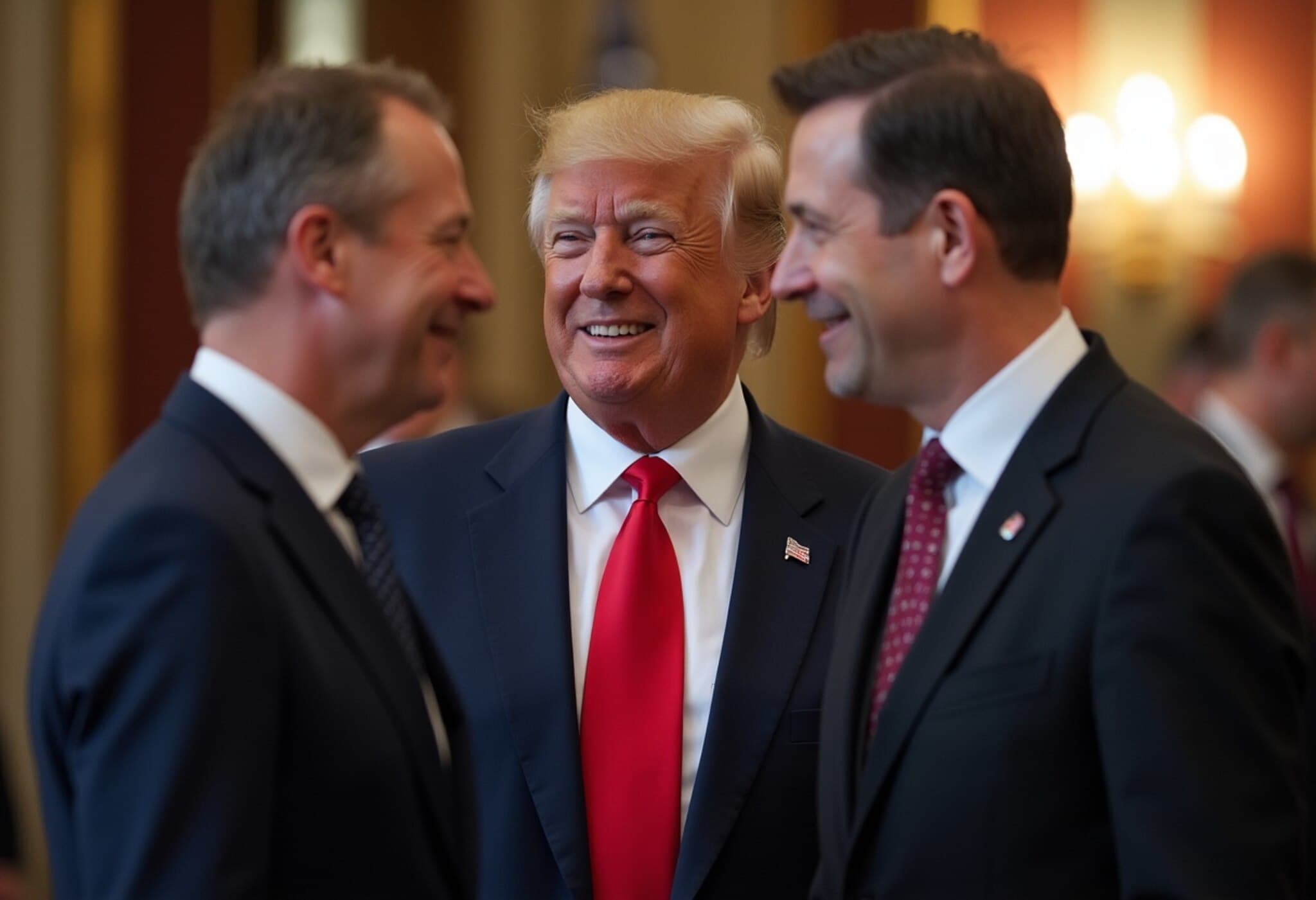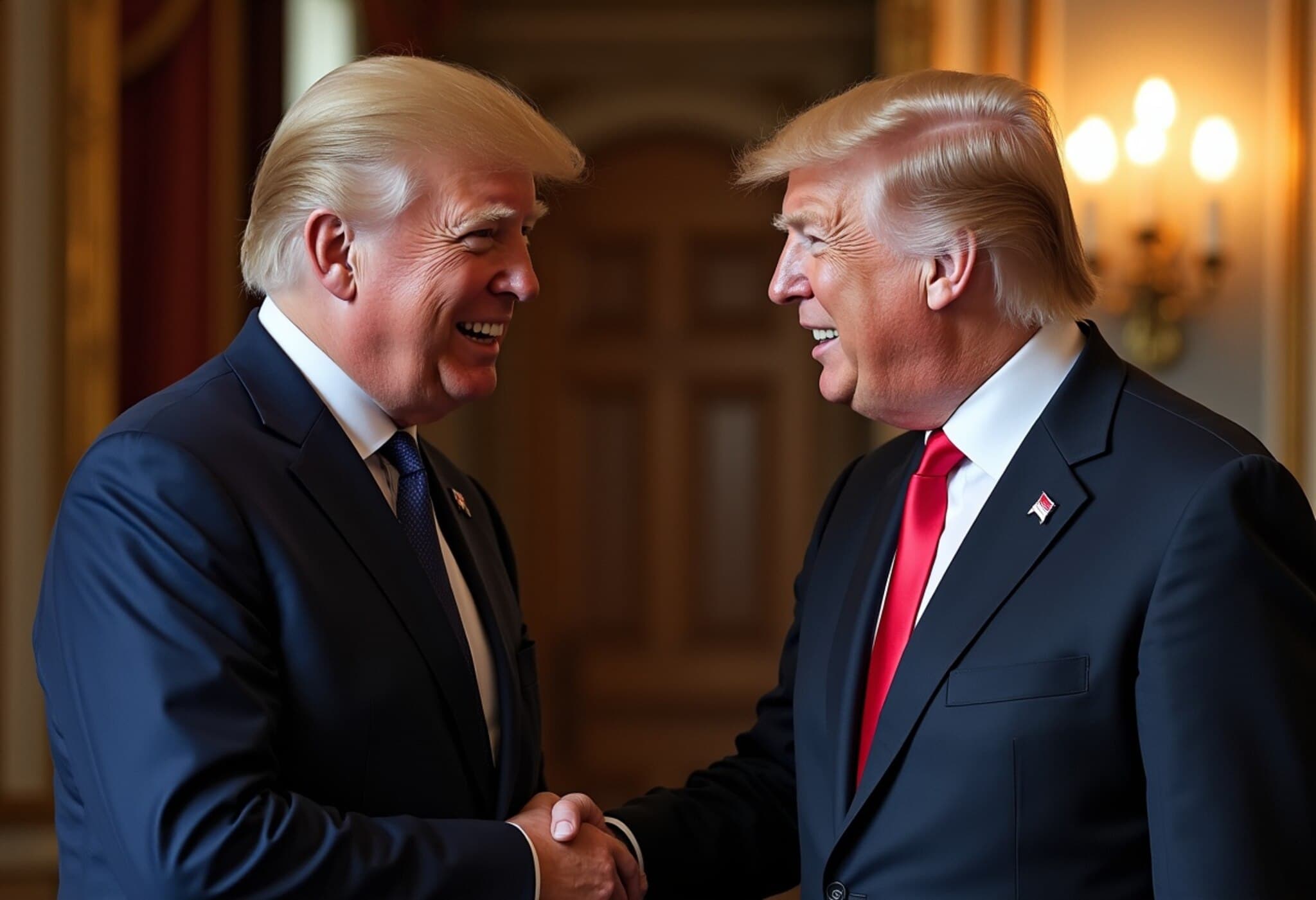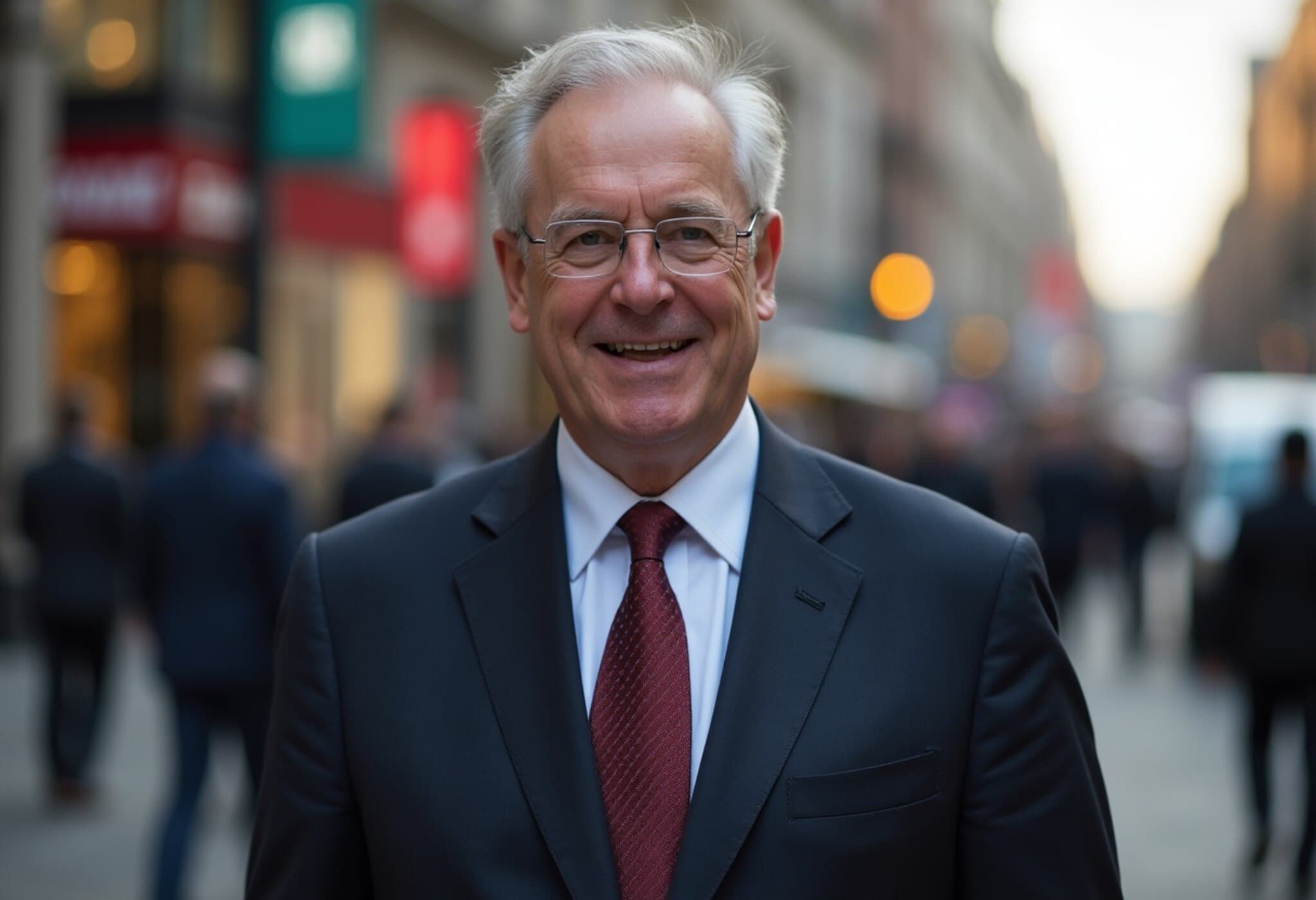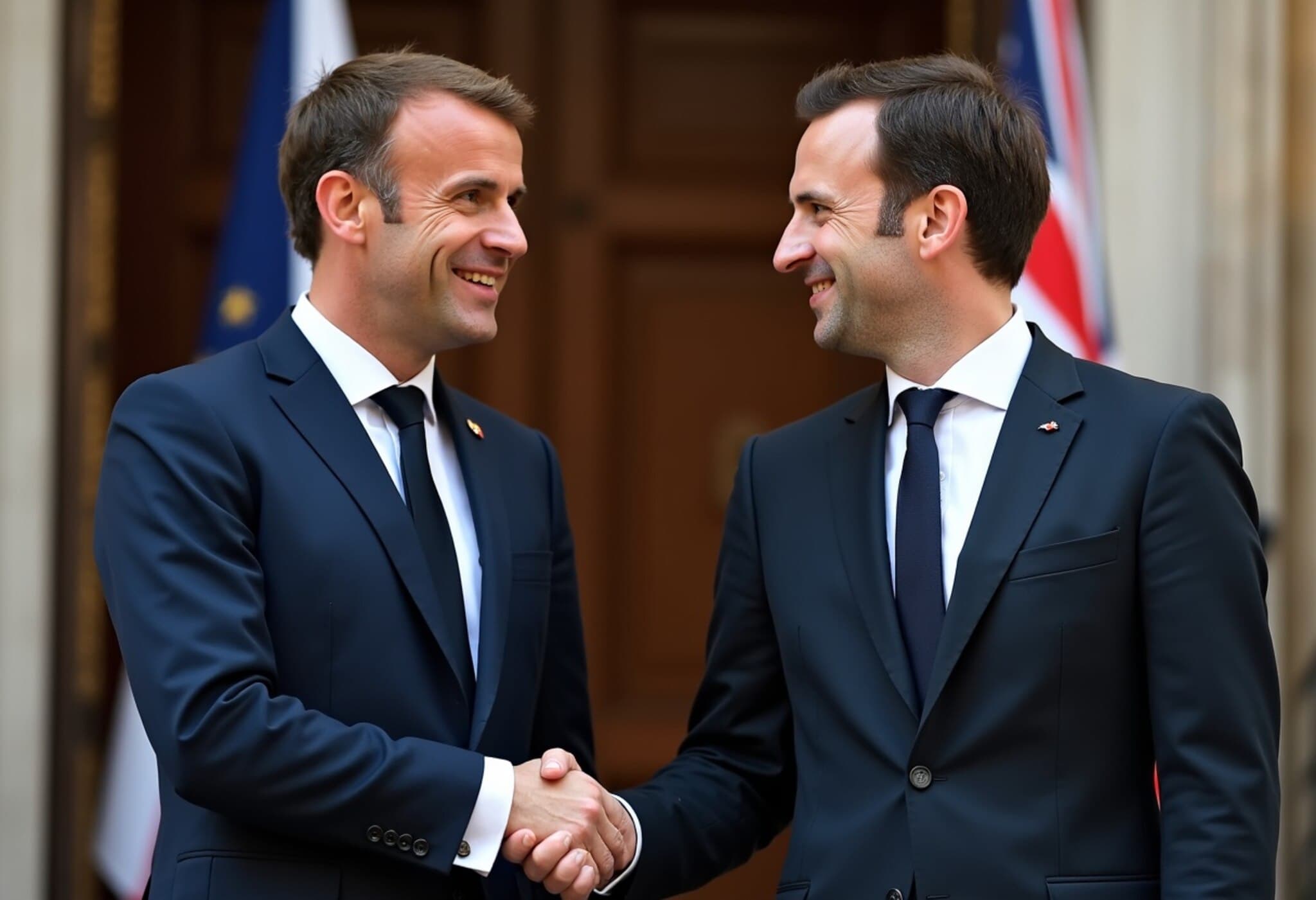Deputy Prime Minister Angela Rayner Pauses Islamophobia Definition Amid Controversy
In a move that has sparked intense debate across the United Kingdom, Deputy Prime Minister Angela Rayner has stepped back from pushing a government-backed definition of Islamophobia following widespread criticism and legal challenges. The initiative, designed to formally recognize and combat anti-Muslim hatred, has instead ignited concerns among free speech advocates and various religious communities about the potential erosion of open debate and the unintended consequences of such a definition.
The Controversy Unfolds: Defining Islamophobia
Rayner's office initiated a public consultation aiming to establish an official government definition of Islamophobia. A 16-member panel, dubbed the "Islamophobia Council," was assembled to address the growing concerns about anti-Muslim discrimination and hostility. The draft definition, rooted in a 2018 parliamentary report, characterized Islamophobia as "a type of racism targeting expressions of Muslimness," a phrasing that has since come under fire.
Free Speech Concerns and the Risk of a 'Blasphemy Law'
Critics argue that the definition dangerously conflates legitimate criticism of religious beliefs and practices with racism. Free speech campaigners warn that this could usher in a de facto blasphemy law, safeguarding religious sentiments at the expense of open discourse. The fear is that such a framework might criminalize honest debates on sensitive topics like Islamist extremism or social issues linked to particular religious groups.
Broader Religious Community Voices
Compounding the issue is the reaction from other faith groups. Hindu, Sikh, and secular organisations have voiced concerns about the government's exclusive focus on anti-Muslim hatred. Voices including the Hindu Council UK and Insight UK advocate for a more inclusive approach, suggesting the creation of a unified Religious Hate Council to protect all faith communities equally against discrimination and hatred.
Leadership and Legal Challenges
Dominic Grieve, former Attorney General for England and Wales and contributor to the 2018 parliamentary definition, is believed to be the prospective chair of the Islamophobia Council. However, opposition figures caution that continuing with the 2018 language risks blurring critical legal and societal boundaries.
The Free Speech Union has issued legal warnings, contending the consultation process appears to have a predetermined outcome that limits genuine public engagement. Responding to these challenges, Rayner extended the consultation deadline to July 20, 2025 and expanded its accessibility to include previously excluded stakeholders, such as the Christian Institute, Adam Smith Institute, Christian Concern, and the Equality and Human Rights Commission.
The Delicate Balance: Protecting Communities and Preserving Freedoms
The government's stated objective remains to shield Muslim communities from hate crimes while upholding the vital principle of freedom of expression. Yet, this episode lays bare the complexities governments face when legislating against discrimination without chilling public discourse.
What Lies Ahead?
Officials are expected to unveil a revised definition later this month, potentially incorporating more inclusive language and a broader scope encompassing multiple religious groups. The debate underscores the political tightrope between combating religious hatred and safeguarding civil liberties—a challenge that resonates not just in the UK but across diverse, pluralistic societies globally.
Expert Commentary: Navigating the Intersection of Hate Crime Laws and Free Speech Rights
From a legal and policy perspective, the UK’s struggle reflects a broader dilemma faced by democracies worldwide. Hate crime statutes are crucial to protect vulnerable communities from violence and discrimination. However, their scope and definitions must be carefully calibrated to avoid unintended restrictions on legitimate discourse. The tension between honoring religious sensitivities and maintaining robust freedom of expression epitomizes this challenge. Experts emphasize the importance of multi-faith and secular input in crafting such definitions to ensure fairness and uphold democratic values.
Summary Box: Editor’s Note
- Contextual Insight: The UK’s attempt to define Islamophobia is emblematic of wider global debates on managing hate speech and freedom of expression.
- Critical Questions: Can legal definitions distinguish between hate-driven prejudice and legitimate criticism of religion without censoring speech?
- Inclusivity Matters: Calls for a broader Religious Hate Council highlight concerns that focusing narrowly on one group could alienate others facing discrimination.
- Upcoming Developments: Stakeholders await a revised definition that balances protection against discrimination with fundamental rights.
- Reader Reflection: How can governments craft policies that protect minorities while fostering open, healthy public debate?
As this story unfolds, it remains a vivid case study in democratic governance—where values sometimes collide, but dialogue and transparency offer pathways forward.
About the Author: Our global news team combines seasoned journalism expertise with in-depth analysis to illuminate critical issues shaping societies worldwide. We commit to delivering balanced, timely, and thoughtful coverage to empower informed public discourse.

